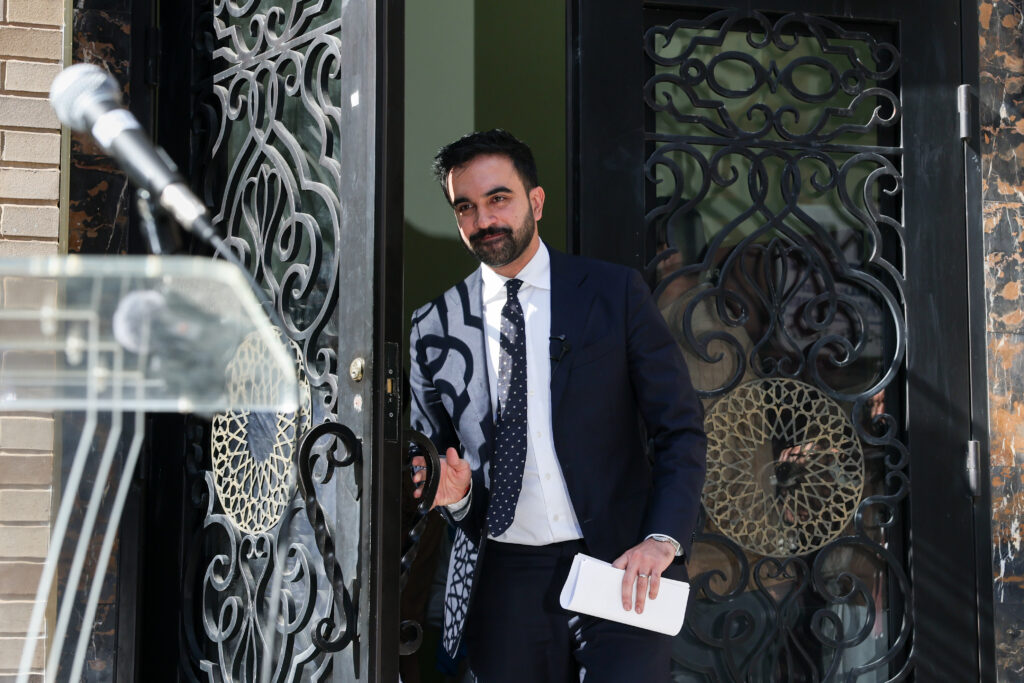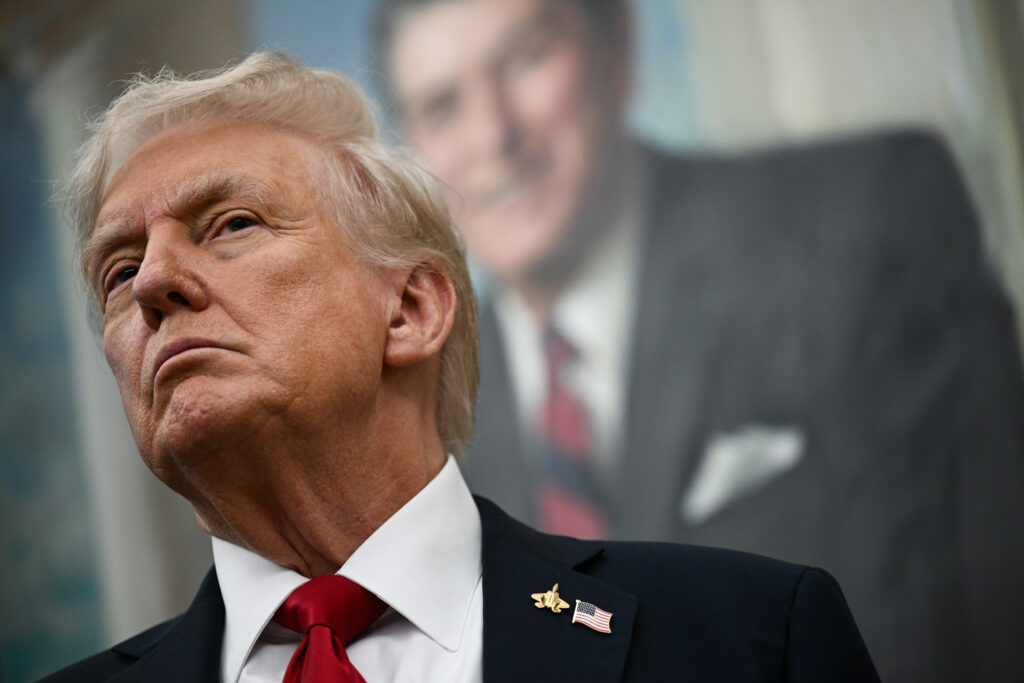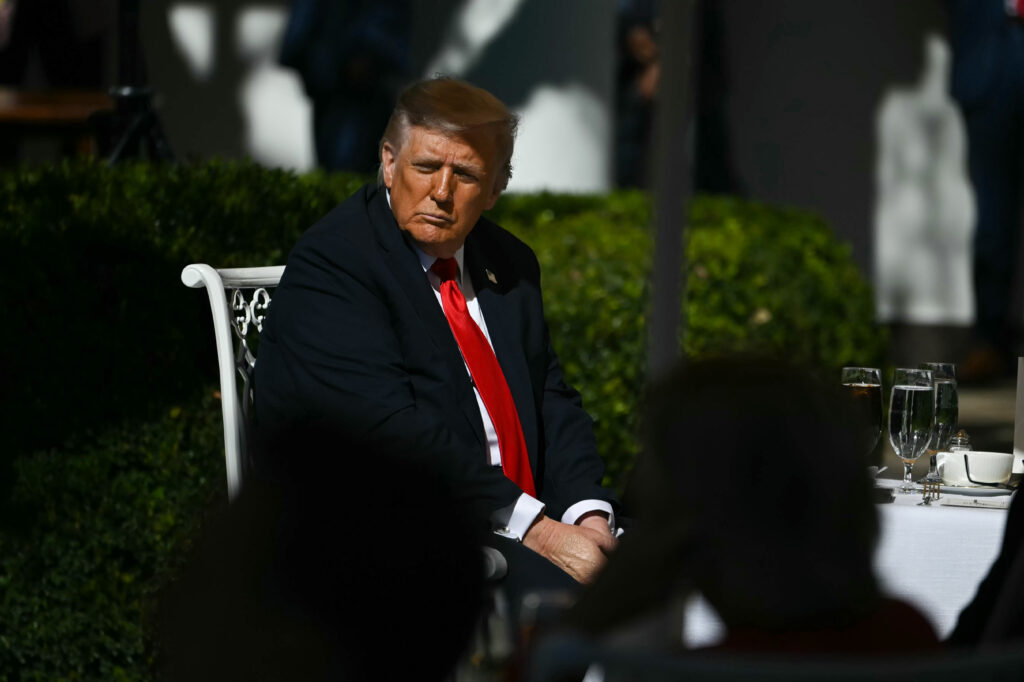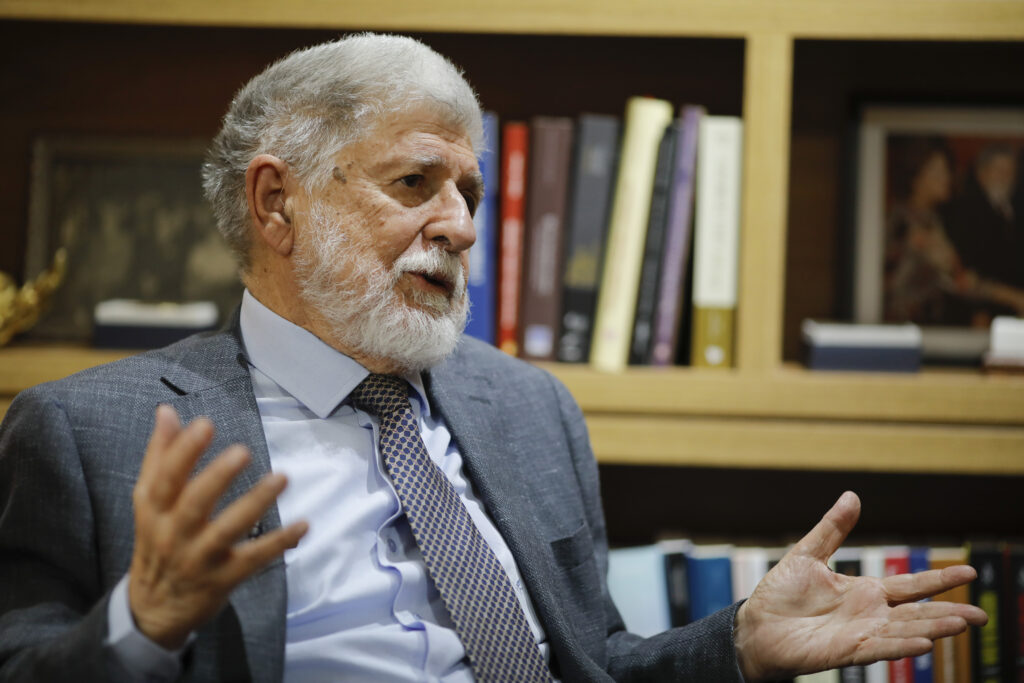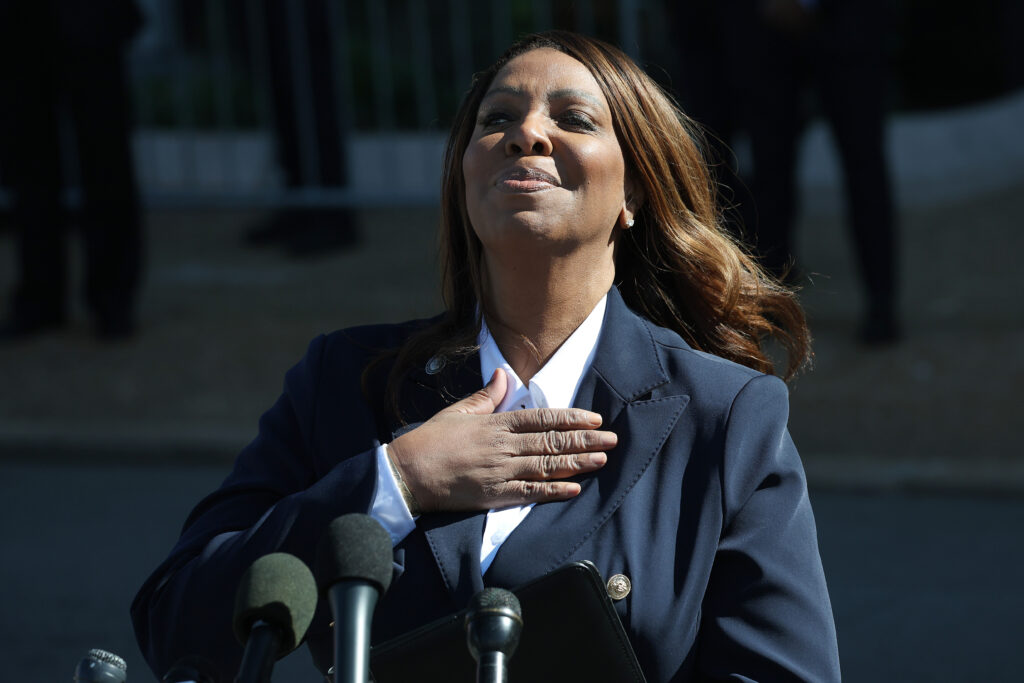Early voting begins in NY mayoral race dominated by Trump foe
Early voting for New York’s next mayor begins Saturday with an outsider Democratic Party candidate the favorite to upend the city’s politics and face down President Donald Trump, who has repeatedly attacked him.The twisting race has seen state lawmaker Zohran Mamdani, a self-described socialist, surge from the political wilderness to become the frontrunner in a campaign in which the current mayor bowed out and the onetime Democratic favorite lost his own primary.The 34-year-old Mamdani’s once unlikely campaign has been turbo-charged by eager campaigning by young New Yorkers in particular. An emphasis on the soaring cost of living has also resonated, with the Queens-based lawmaker promising to freeze rent for two million New Yorkers in rent-stabilized properties.In the latest twist, scandal-tainted current mayor Eric Adams backed the second-place candidate, 67-year-old former state governor Andrew Cuomo — after previously calling him a “snake and a liar.”Early voting allows New Yorkers to cast a ballot from Saturday until November 2, with Election Day on November 4 and the winner taking office in the New Year. Mamdani had 47 percent support and led Cuomo by 18 points in the latest citywide poll, conducted by Victory Insights between October 22 and 23. Republican candidate Curtis Sliwa, 71, was at 16 percent.Adams, who has been mired in corruption allegations linked to his term in office, dropped out of the race on September 28 but did not initially endorse a rival.”You can’t freeze rent, but you are lying and telling people you could — we’re fighting against a snake oil salesman,” Adams said Thursday with Cuomo at his side.”Gentrifiers have raised the rent in the city… and (Mamdani’s) the king of the gentrifiers.”It is unclear what impact Adams’s endorsement will have on the race.”It is possible, but extremely unlikely, Cuomo can catch Mamdani,” said Lincoln Mitchell, a political science professor at Columbia University, saying the former governor’s “tough guy persona” dates from another era.- ‘Affordability crisis’ -The race has been dominated by the issue of cost of living, as well as by how each candidate would handle Trump, who has threatened to withhold federal funds from the city where he made his name as a property developer and reality TV star.Trump has branded Mamdani, who wants to make bus travel and childcare in the city of 8.5 million people free, a “communist.””I was always very generous with New York, even when you had opposition there,” Trump said this month.”I wouldn’t be generous to a communist guy that’s going to take the money and throw it out the window.”Mamdani has said he would cooperate with Trump if it brought down the cost of living in the city, while Sliwa has said he would seek to “negotiate” with the president and Cuomo has said he would “confront” the commander-in-chief.”I’ve lived in New York for 10 years almost. I’ve always been… not necessarily always struggling, but trying to hustle and get things together,” Mamdani supporter and tenant organizer Lex Rountree, 27, told AFP. “It feels strange to kind of think about what it would look like to have some of that ease” under Mamdani, Rountree added.Mamdani’s campaign received a lift on Friday when Hakeem Jeffries, a New York lawmaker and the top Democrat in the US House of Representatives, endorsed him.”Mamdani has relentlessly focused on addressing the affordability crisis and explicitly committed to being a mayor for all New Yorkers, including those who do not support his candidacy,” the leading Democrat said.Mamdani will bring star firepower to the table Sunday when he appears alongside leftist Senator Bernie Sanders and lawmaker Alexandria Ocasio Cortez at a “get out the vote” rally in Forest Hills Stadium in Queens.
